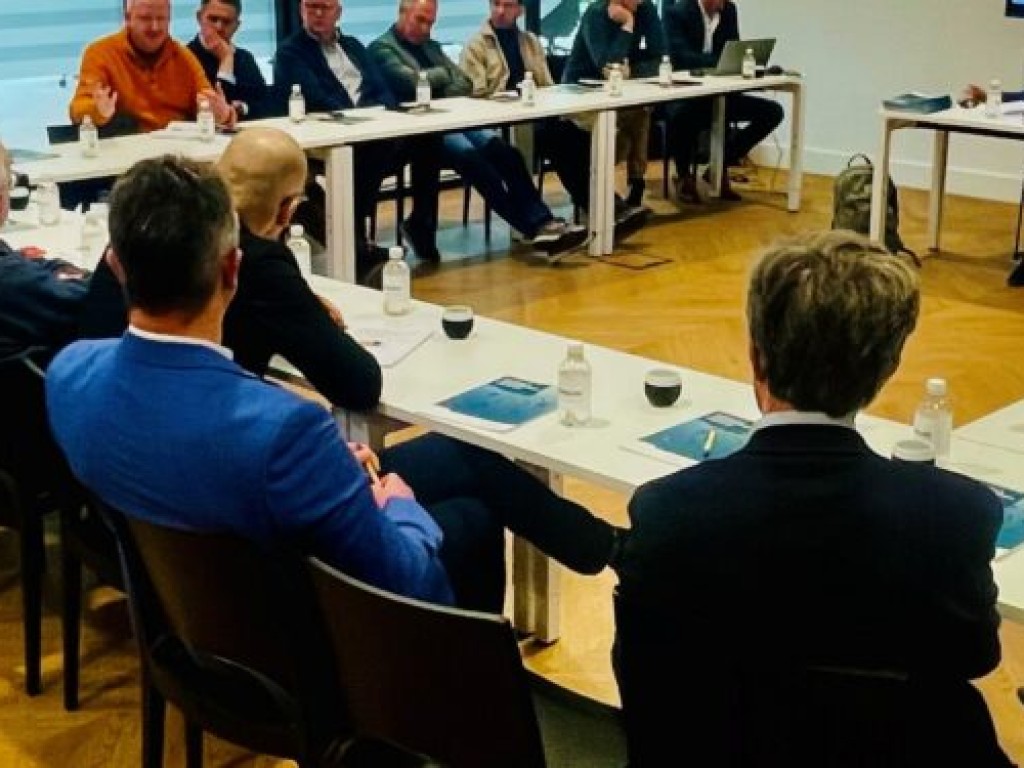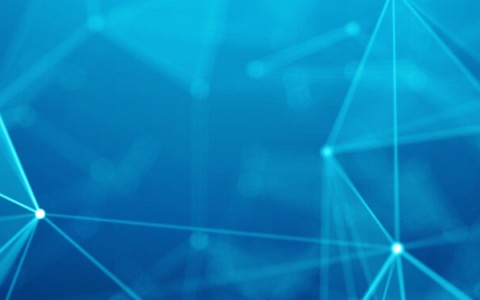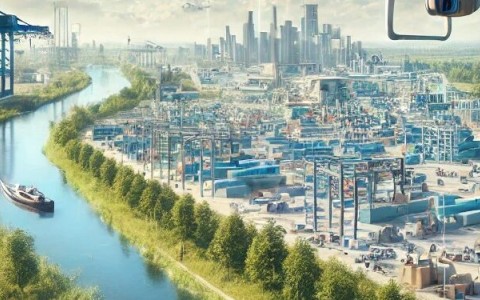Limburg region visit: Strategic foundation for the future

During the Logistic Innovation Limburg region visit, representatives of business, knowledge institutions and government met at Supply Chain Valley's Innovation Hub. The meeting, organised by TKI Dinalog, Top Sector Logistics, ROM Netherlands, BISCI, LIOF and Supply Chain Valley Limburg, was entirely devoted to the future of logistics as a driver of major societal transitions.
During the day, three roundtables took place around the themes wide prosperity and digital transformation, circular economy and energy transition. The discussions were open, sharp and future-oriented, with a common thread: how can logistics in Limburg contribute to a sustainable, resilient and attractive region?
Logistics as enabler
Niels Agatz (TKI Dinalog) kicked off with an appeal to see logistics not just as an executive sector, but as an essential enabler of societal transitions. From the National Knowledge Agenda Logistics (NKL) 2024-2027, the importance of connecting national knowledge development with regional issues was underlined.
Theme 1: Broad prosperity and digital transformation
The first roundtable brought up urgent themes: labour market shortages, an ageing population, a fragmented picture of inflow and outflow as well as the sector's image. AI and digitalisation were mentioned as possible solutions, but with the comment that technology does not solve everything without a people-centred approach.
There was a clear call for data-driven collaboration: "We lack the overall picture. How many people are flowing in and out, how dependent are we on migrant workers and what is the effect of ageing on the sector?" The debate was enriched with real-life examples and initiatives around talent development, such as educational projects and cooperation with foreign knowledge partners.
Theme 2: Circular Economy
The circular economy requires fundamentally different thinking - and logistics can be an accelerator in this. Participants talked about existing initiatives in the region and the importance of scalability and healthy business models. The need for closer cooperation with policymakers and knowledge institutions was widely supported.
A striking idea: translating the principle of "Extended Producer Responsibility" into an "Extended Sector Responsibility" for logistics. What is the value that logistics players create - not only economically, but also socially? And how do we make that visible?
Theme 3: Energy transition
The energy transition has a direct and indirect impact on logistics. From energy hubs to grid congestion and zero-emission zones, the urgency was widely recognised. LIOF shared insights from projects on smart energy storage and cooperation with the province of Limburg.
Broader geopolitical themes were also considered: how do we arm our logistics against disruptions, whether cyber attacks, threats of war or climate crises? Limburg's strategic location - in the middle of the Euregion - was seen as both an opportunity and a responsibility.
Joint tasks, shared opportunities
What sticks: logistics must be positioned more attractively. Not as a cost item, but as a strategic value for a sustainable society. More cooperation, long-term perspective and better connection with education and society are crucial in this respect.
Or as one participant aptly summed it up: "Logistics is not a closing item, but a key player. Now is the time to start telling that story together."
Click here for the presentations (in Dutch).
Round table-Broad prosperity-and-digital-transformation
Round table Circular Economy
Round table Energy Transition
The final three region visits will follow after the summer.


